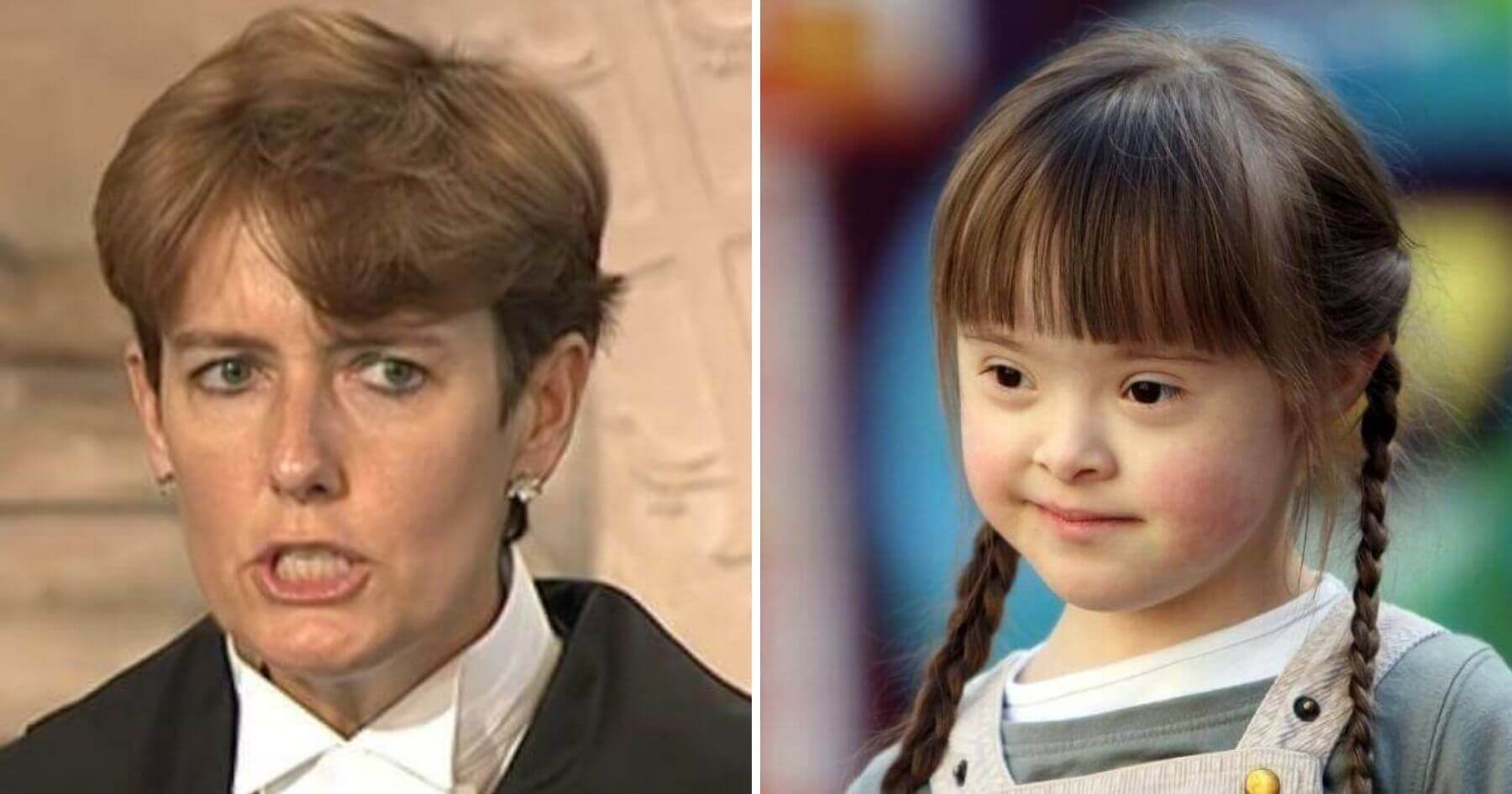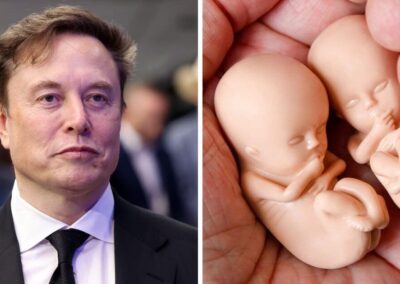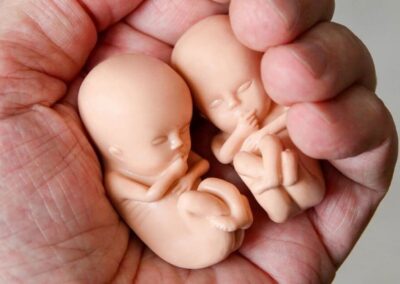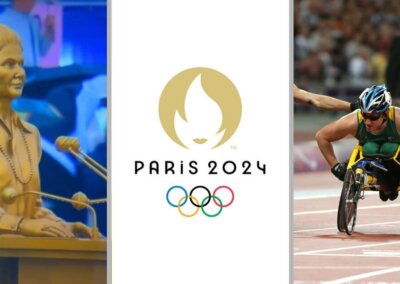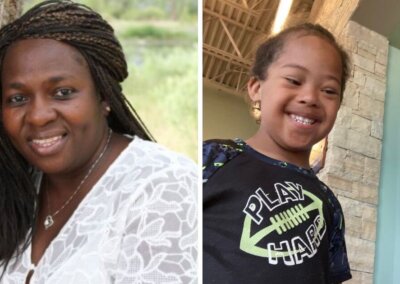One of the two judges who sat on the disability discrimination abortion case that was rejected by the High Court earlier today, has a long record of representing abortion providers and of ruling against people with disabilities in her judgements.
Earlier today, Heidi Crowter, 26, who has Down’s syndrome and Máire Lea-Wilson, who has a two-year-old son with Down’s syndrome, had their case against the Government dismissed by the High Court.
Justice Nathalie Lieven, one of the judges involved in this decision, has a history of representing abortion providers and making judgements that favour the abortion industry.
Most notably, on Friday 21 June 2019, Justice Lieven ruled that a woman with a learning disability must be forced to have an abortion against her will, against the advice of her social worker and in spite of the fact that the woman’s own mother offered to look after the child.
Just three days later on Monday 24 June 2019, Lord Justice McCombe, Lady Justice King and Lord Justice Peter Jackson overturned the ruling after the woman’s mother mounted a legal challenge.
Documents from the Court of Appeal, which ultimately stopped a state-enforced abortion from taking place, revealed that the first stage of a three-day abortion procedure was being carried out during the Court hearing.
In her decision, Justice Lieven said: “I think [the woman] would suffer greater trauma from having a baby removed [from her care]”, Lieven said, because “it would at that stage be a real baby”.
In 2017, on behalf of the Northern Ireland Human Rights Commission (NIHRC), which has a long-term record of abortion advocacy, Justice Lieven argued that the abortion law in Northern Ireland, which made abortion illegal for disabilities including Down’s syndrome, was in breach of the European Convention on Human Rights.
Representing the largest abortion provider in England and Wales, the British Pregnancy Advisory Service (BPAS) in 2011, Justice Lieven argued that women should be able to take the second abortion pill in a medical abortion outside of a clinical setting.
In 2005, she represented the Family Planning Association arguing that the law should not require parental consent or even knowledge for girls under the age of 16 seeking an abortion.
Right To Life UK spokesperson, Catherine Robinson, said: “Sadly, given Justice Lieven’s involvement in this case, the outcome seems almost inevitable. She has consistently shown total disregard and callousness in regard to the lives of unborn babies implying that before they are born, they are not ‘real babies’.”
“Her prior advocacy for disability abortion raises questions about her appropriateness for this legal case.”


